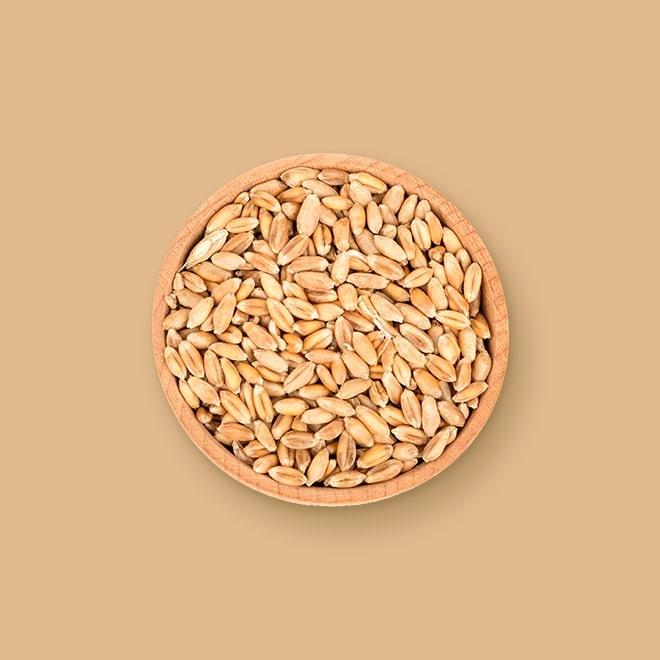Barley




Barley was first cultivated in Ethiopia and parts of Southeast Asia. Over the span of 12,000 years, early civilizations used barley for food, alcoholic beverages, and medicine. The first recorded recipe for barley wine dates back to 3000 BC in Babylonia!
In ancient Greek culture, barley was a staple ingredient in making bread. Greek gladiators were known as “hordearii,” which means “eaters of barley.” During the Middle Ages, wheat was not readily available. Therefore, many Europeans created bread from a mixture of barley and rye. In the 16th century, the Spanish introduced barley to South America. Later, during the 17th century, the English and the Dutch brought barley with them to the frontier of North America.
Like all grains that are bought in bulk, when purchasing barley, be sure that there are no signs of moisture that can cause spoilage.
When storing barley, place in a sealed container and store in a cool, dry place. In areas where the climate is warm, refrigerate your barley.
Combining barley and buckwheat flour in a 1 to 1 ratio results in a sweet, earthy flavored gluten-free flour.
Because barley has a texture similar to oatmeal or porridge, substitute barley in place of your regular oats. Cook in it the same manner; it’s a great way to change things up!
Similar to buckwheat, adding barley to stews or soups results in a hardier flavor.
Barley is a great source of manganese and a good source of molybdenum, copper, selenium, vitamin B1, chromium, and niacin.
Barley grains should be rinsed in cold water before cooking to clear out any unwanted particles that might be hiding inbetween the grains.
Barley is a healthy alternative to carbohydrates such as rice.
Barley is an excellent source of highly soluble dietary fiber and other vitamins, which can help to reduce the chance of colon cancer, Type-2 Diabetes, heart failure, and hemorrhoids.
Corrections or improvements? Email us at
content@sidechef.com